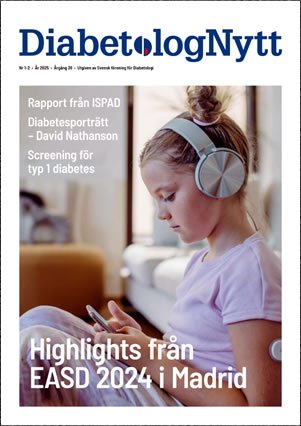HbA1c Testing Frequency Matters |
|
Researchers examined the relationship between testing frequency and the percentage change in HbA1c using 400,497 repeat HbA1c testing results from 79,409 patients. The results were obtained from three laboratory databases over a three year period. Results showed that in patients with an initial HbA1c of >7%, testing every three months was associated with better glycemic control. A 3.8% reduction in HbA1c was observed in this group. Patients with a testing frequency of >6 months were associated with poor glycemic control. Annual testing saw an HbA1c increase of 1.5%. No additional benefit was observed in patients receiving testing more frequently than four times per year. A linear relationship was observed in patients with an initial HbA1c of <6% and those with an initial HbA1c of 6-7%. As the frequency interval grew, the HbA1c increase also rose. The results of this study largely support the recommendations provided by the American Diabetes Association and the National Institute for Health and Clinical Excellence regarding the frequency for performing HbA1c testing. Quarterly monitoring, particularly in patients with an elevated baseline HbA1c, was associated with a greater negative percentage change in HbA1c. The design of this study was a limitation. Only association, not causality, between the variables can be demonstrated. A randomized-controlled trial could be conducted to confirm causality. The use of laboratory values as the source of data can also be limiting. Dosage adjustments and other interventions are not documented and could have an impact on overall results. Practice Pearls:
Driskell OJ, Holland D, Waldron JL, Ford C, Scargill JJ et al. Reduced Testing Frequency for Glycated Hemoglobin, HbA1c, is Associated with Deteriorating Diabetes Control. Diabetes Care. 2014 October. Nyhetsinfo www red DiabetologNytt |


